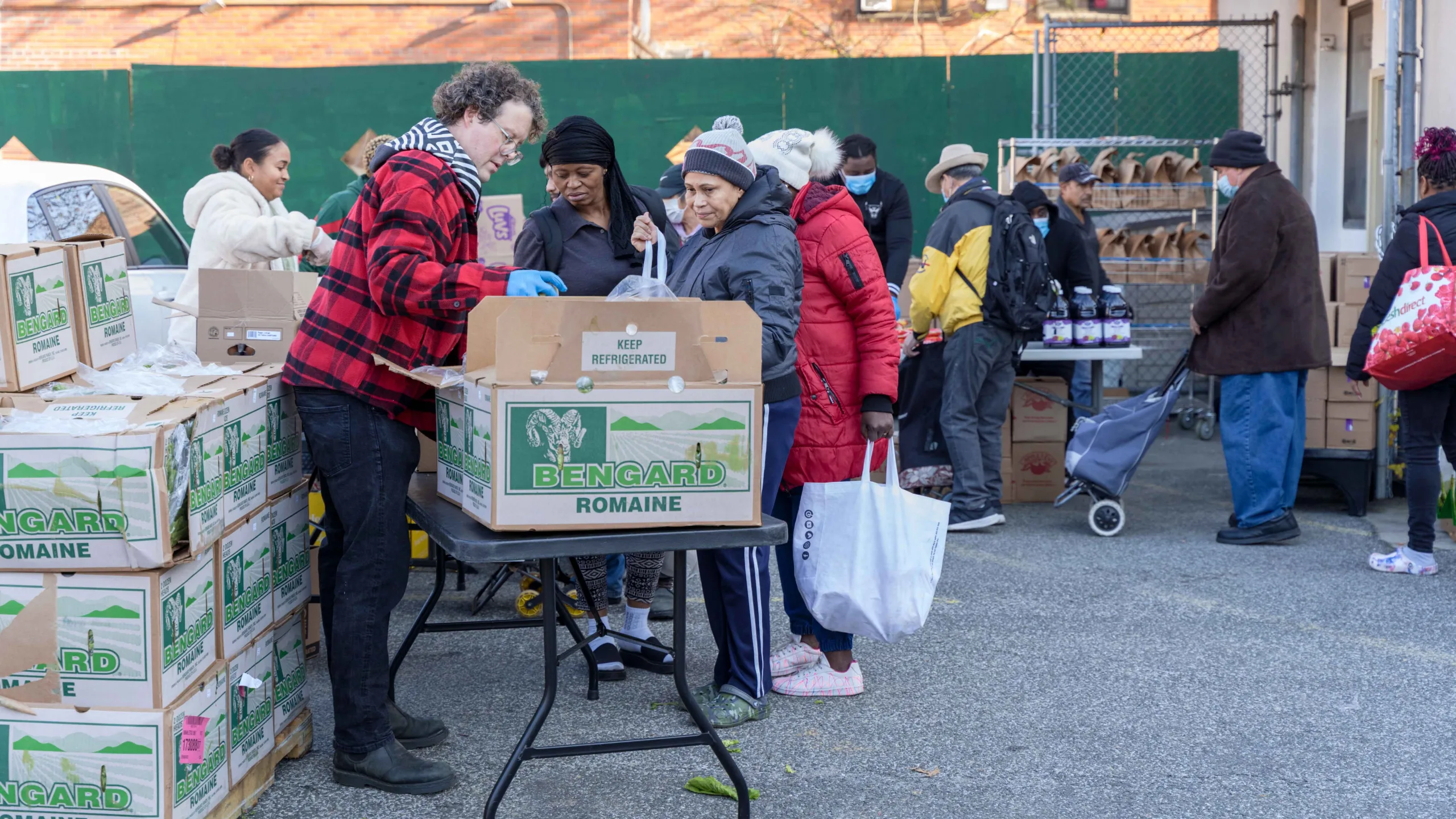The GOP dam that has stopped up every major proposed immigration bill in the New York State Senate was broken during elections yesterday, cracked in part by frenzied last-minute efforts to mobilize politically dormant Arab-American and Latino immigrant communities in Brooklyn and Long Island.
In two of the most-watched races in the state, Democrats Andrew Gounardes and Max Rose defeated incumbents State Sen. Marty Golden and U.S. Rep. Dan Donovan, respectively, in overlapping districts. Gournades’ victory, along with the victory of Long Island Democrat Jim Gaughran over incumbent State Sen. CarlMarcellino, swung control of the state legislative chamber. Barring anyDemocrats unexpectedly caucusing with the Republicans (New York has been there, done that), the Democratic party will have full control of the chamber for justthe third time in 50 years.
A host of immigration reforms passed by the state Assembly that died in the Senate now have a second chance. First, likely, is the New York State DREAM Act, which seeks to allow the state’s undocumented students to access certain educational grants and awards, including participation in the state Tuition Assistance Program. Other priorities include providing access to state drivers’ licenses regardless of immigration status, prohibiting ICE from entering state courthouses, and expanding access to health programs for immigrants.
But some immigration advocates already have fretted that pro-immigrant reforms will take a backseat to other concerns in Albany. They worry that the newly empowered Democrat controlled State Senate won’t kill such reforms upon receipt, but instead simply push them to the back of the legislative to-do list while expending their political capital elsewhere.
New York’s outdated voting system
Immigration is only one of several stagnant issues that a Democrat-controlled State Senate would desperately want to move forward. For example, New York’s outdated voting system, whose clear shortcomings — lack of early voting, no pre-registration, no same-day registration, limited absentee voting — were readily apparent as New York voters struggled to cast their ballots throughout the New York City on Tuesday, would be an easy target of legislative action.
Still, the Democrats now have control of the state’s governing apparatus, including the Assembly, the Senate, the governor’s mansion and other key positions, breathing life into immigration reforms that have been stalled.
New York City Public Advocate Tish James notched a widely expected victory in the race for New York Attorney General. While less radical in her immigration and enforcement approach than primary opponent Zephyr Teachout, James’ platform still indicated that she plans on bringing legal action to limit ICE’s access to courts and stop the rollout of a proposed change in the federal “public charge” rule that links use of benefits to immigration status.
TestPost3
[Read more of our election coverage on how Democrats banked on Arab Americans in Bay Ridge and Latinos on Long Island.]
Immigration officials in the hot seat
At the federal level, the Democrats took back control of the U.S. House of Representatives, including flipping three seats in New York: the matchup between Rose and Donovan, Antonio Delgado’s victory over Hudson Valley Rep. John Faso, and Anthony Brindisi’s win over Central New York Rep. Claudia Tenney. While a Democratic House will be unable to pass substantive immigration legislation without control of either the U.S. Senate or presidency, it may mean greater oversight of current immigration policies.
The House Judiciary Committee, which is supposed to maintain oversight of the Department of Homeland Security and its immigration enforcement sub-agencies, has not held a hearing on the agency’s practices in three years, a fact that drew outrage from Democratic committee members in July. Expect to see hearings examining the conduct of ICE and U.S. Customs and Border Protection, and almost certainly an investigation into last summer’s family separation crisis.
High-level immigration enforcement officials may well be dragged out to testify under oath about their policies and tactics. A Democratic House majority, especially one that now includes Democrats like the newly elected Alexandria Ocasio-Cortez, will probably not play ball with GOP counterparts in the House or Senate when it comes to legislation that restricts immigration, even if it is couched as a bipartisan effort.












